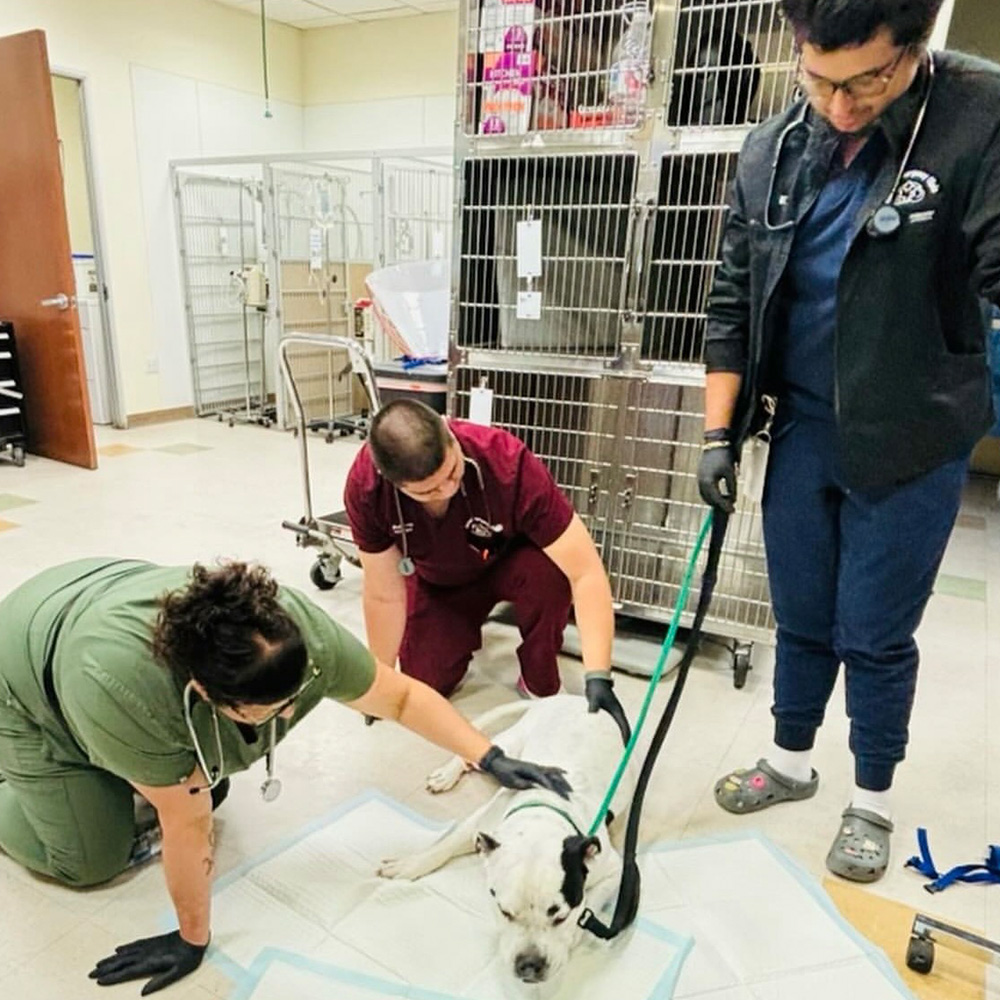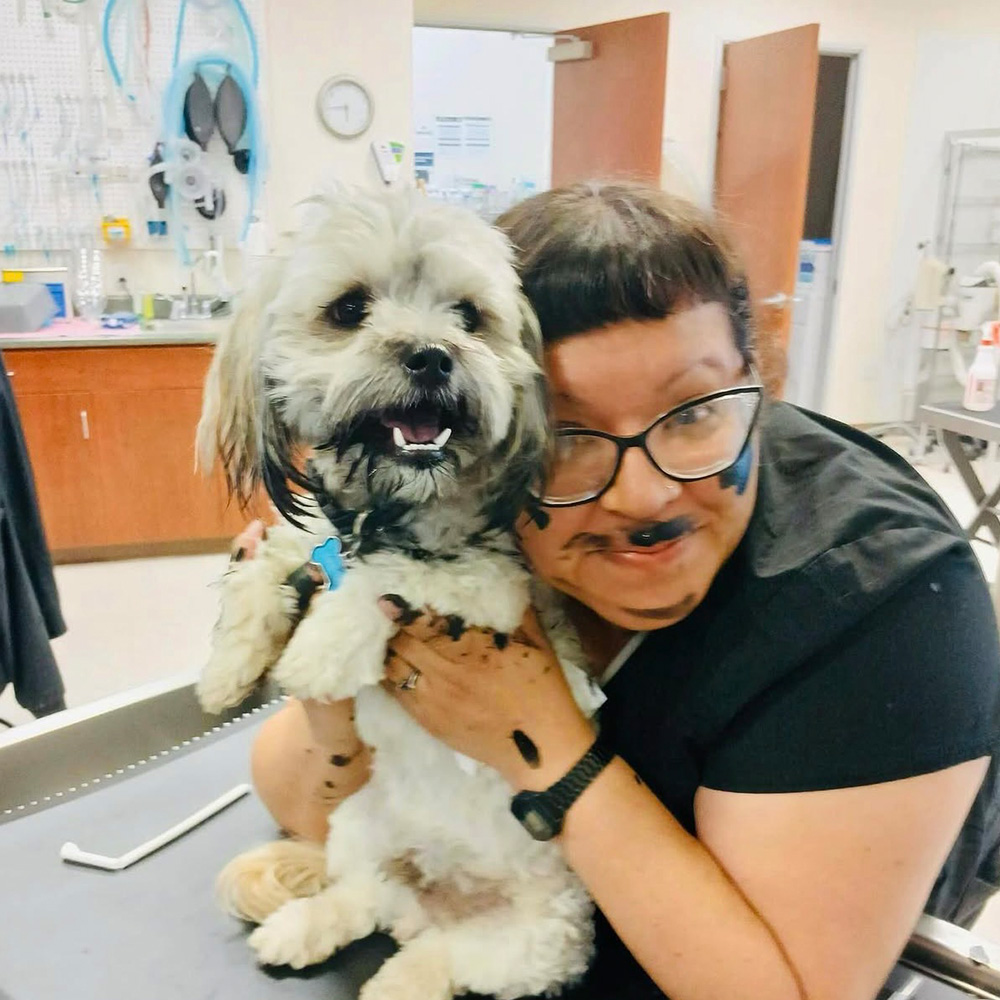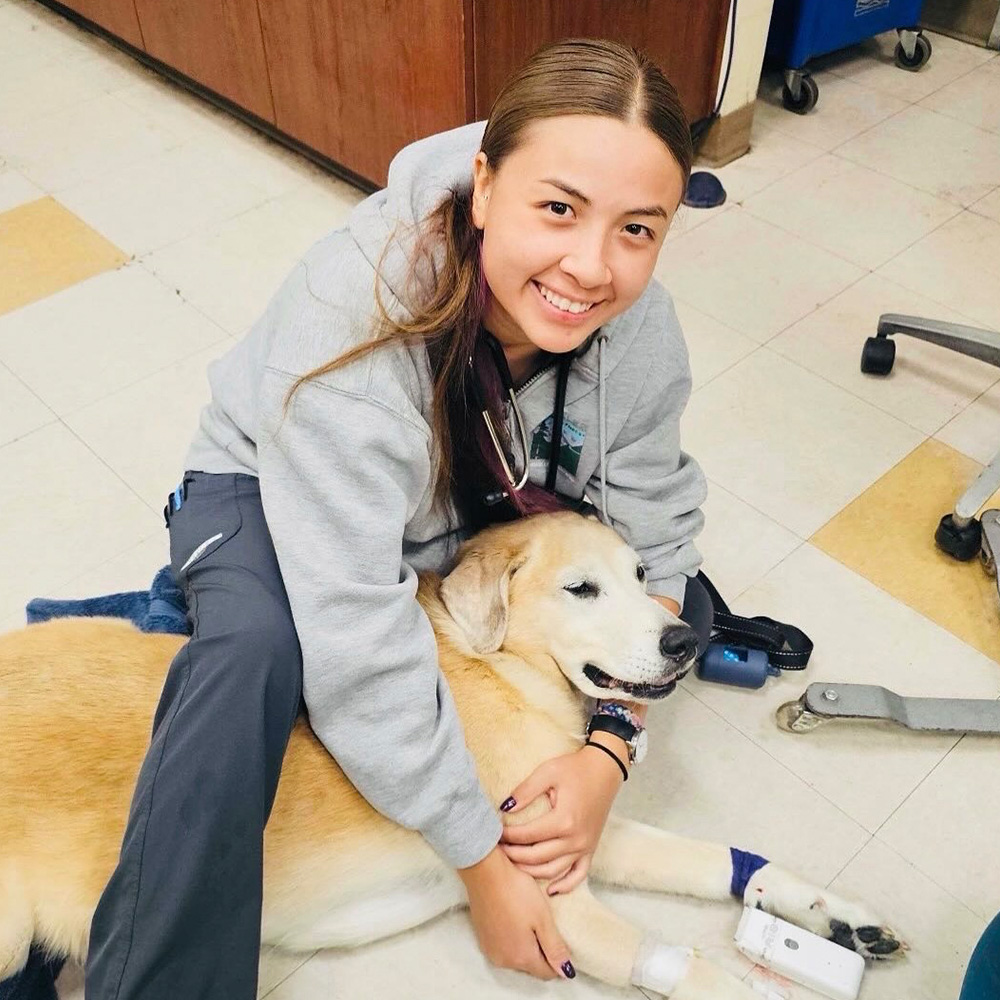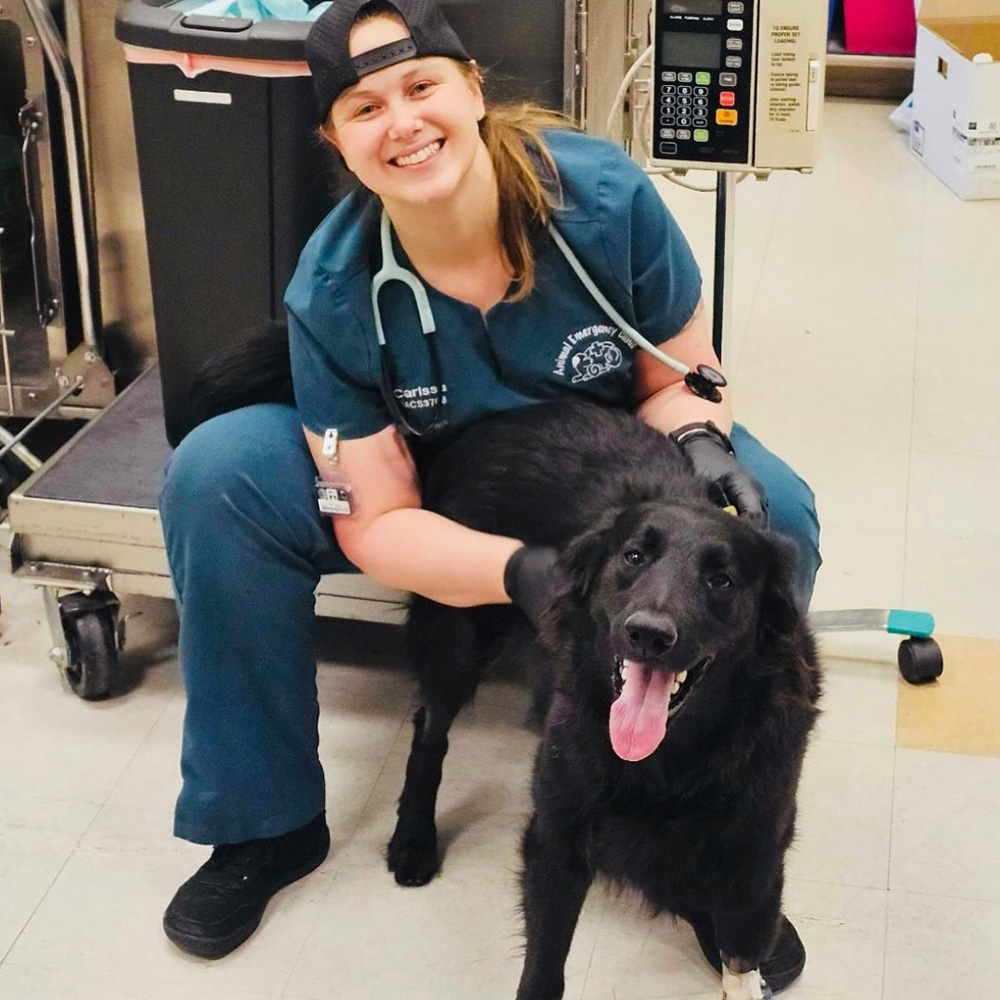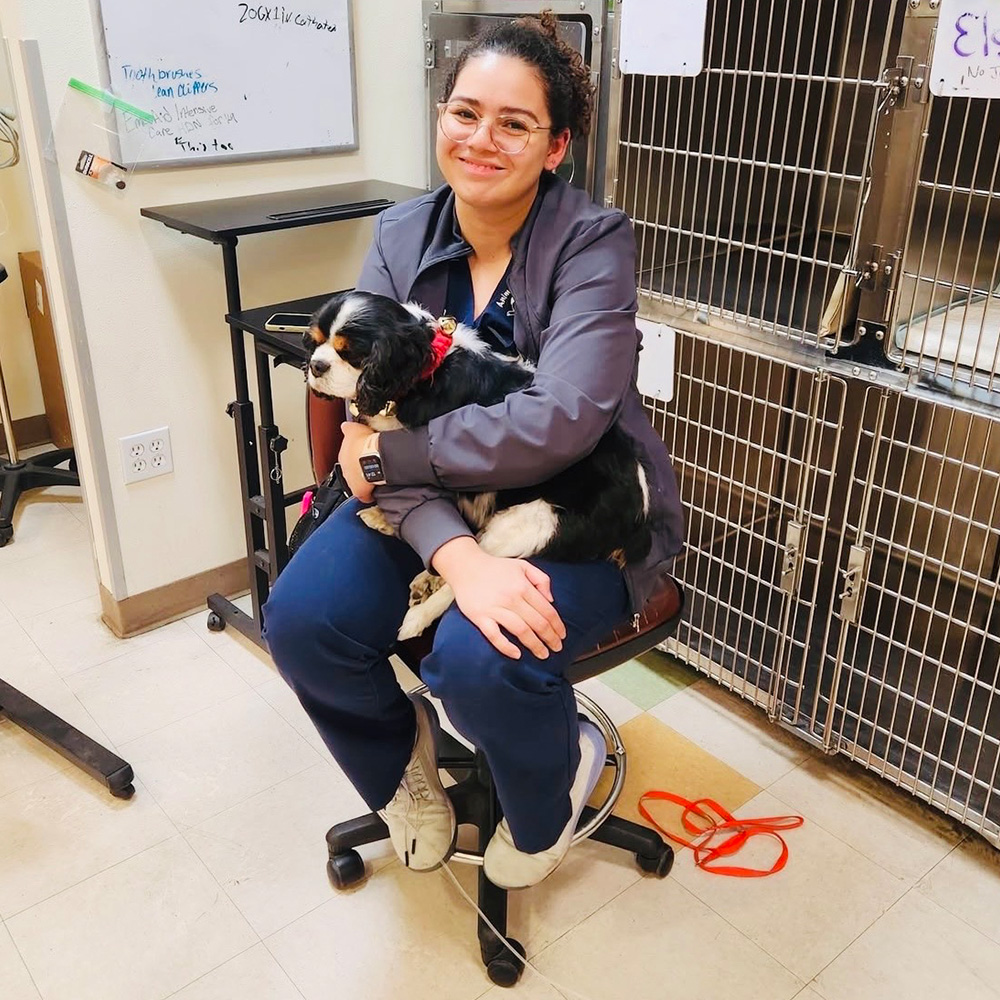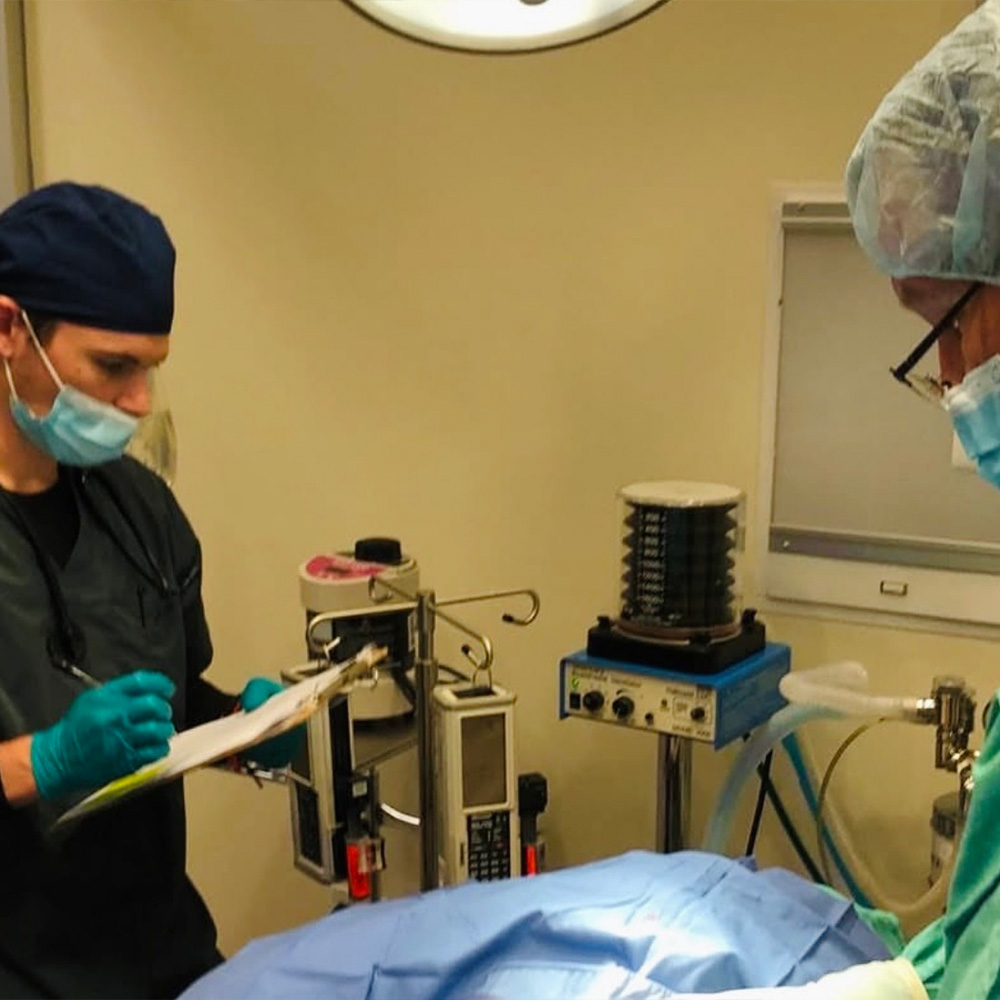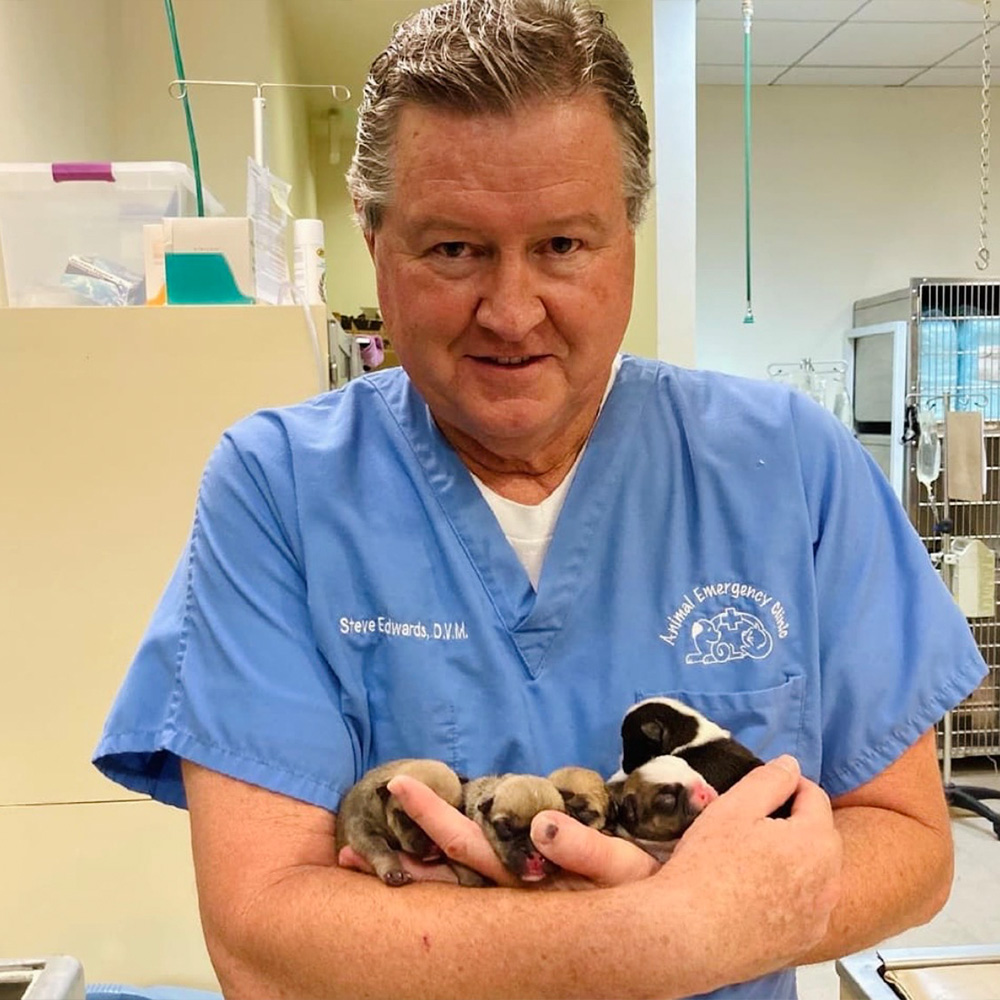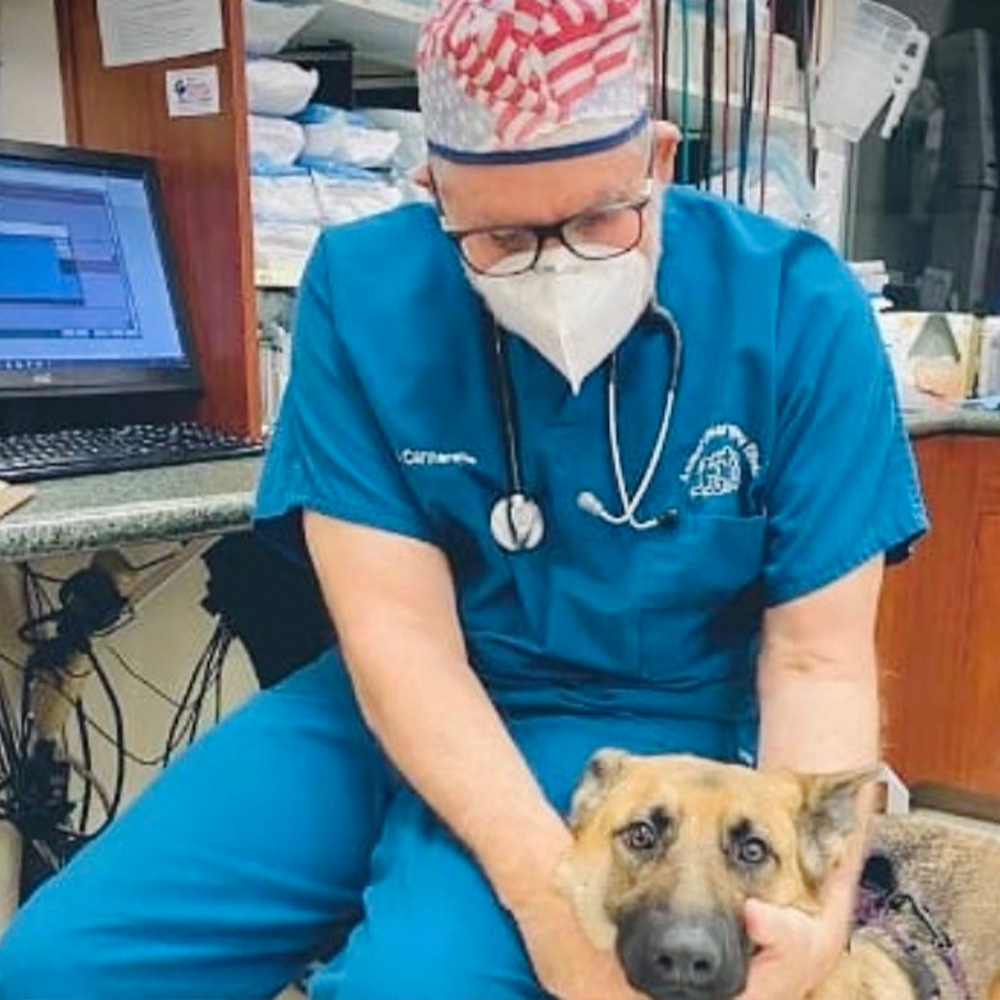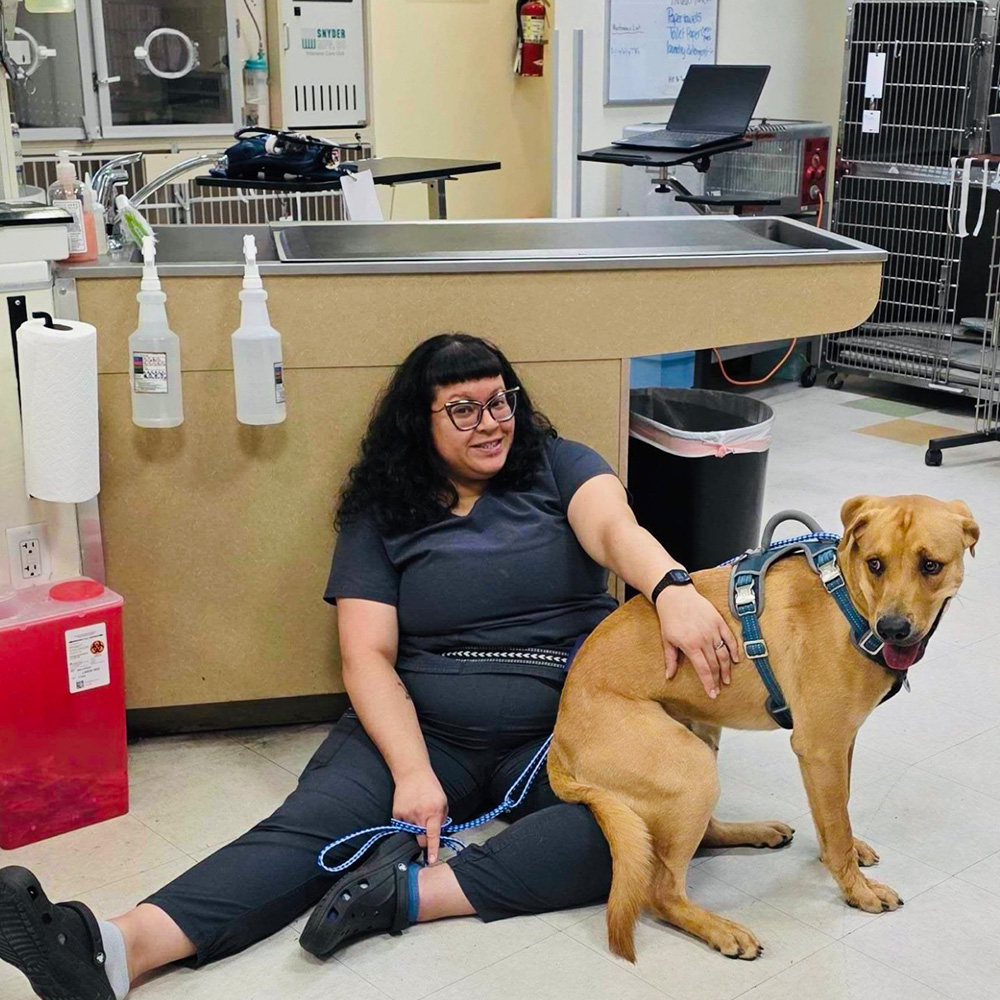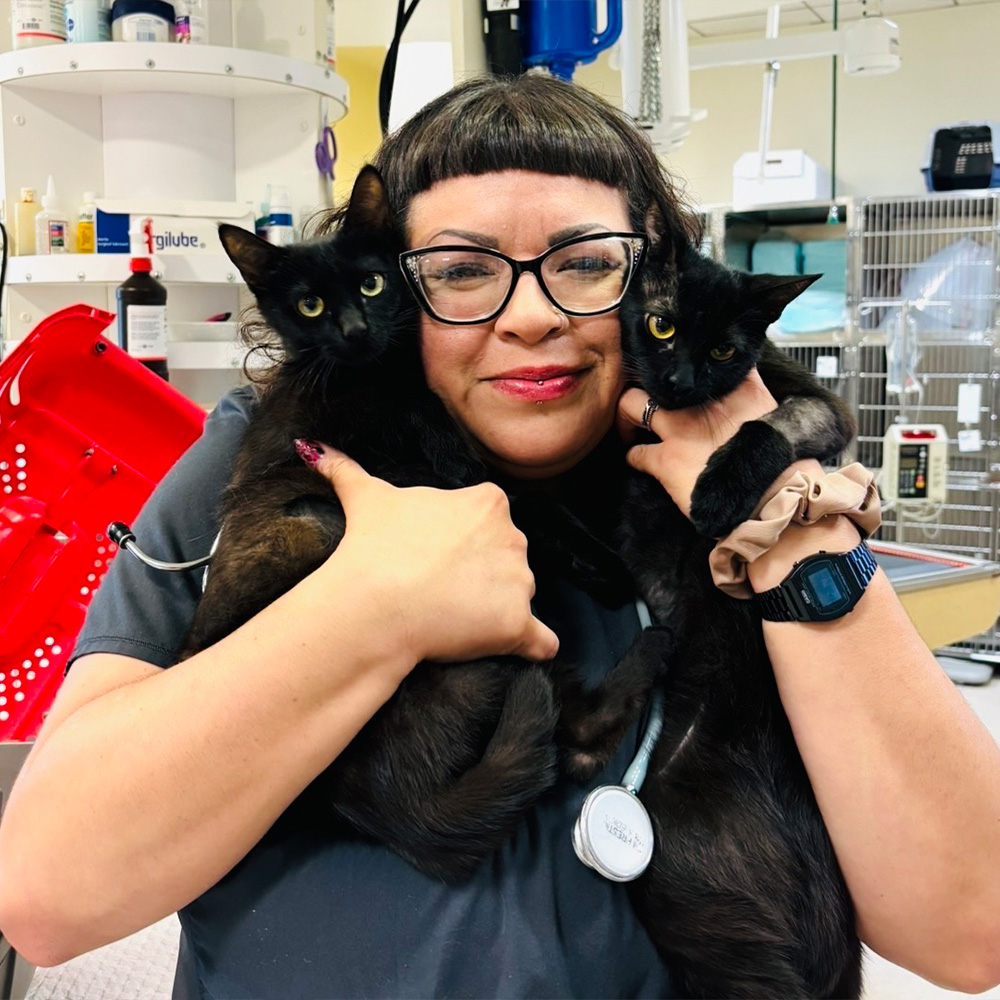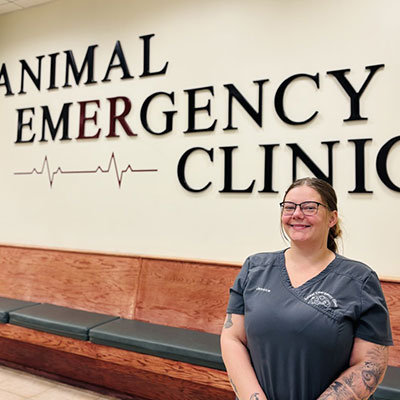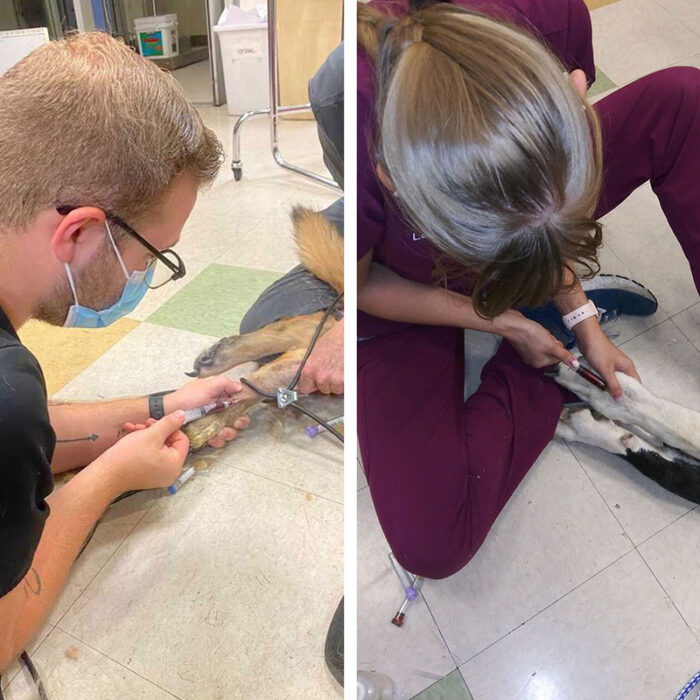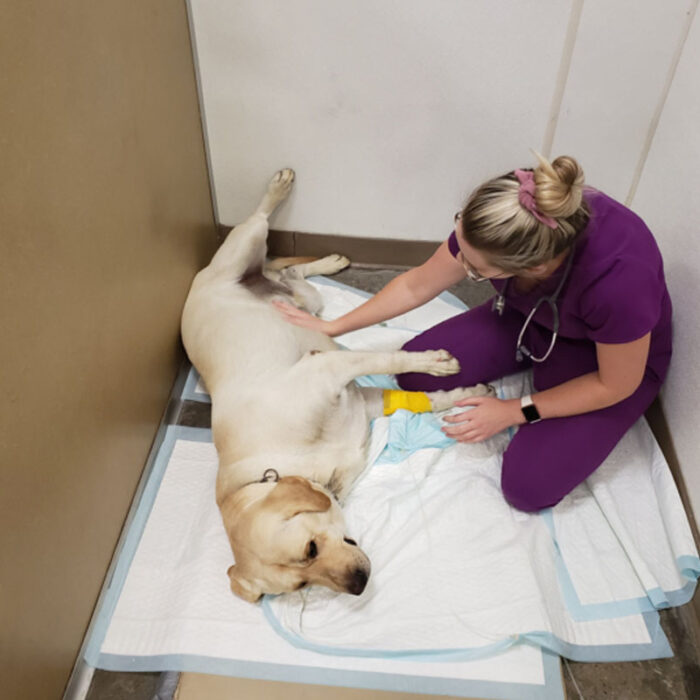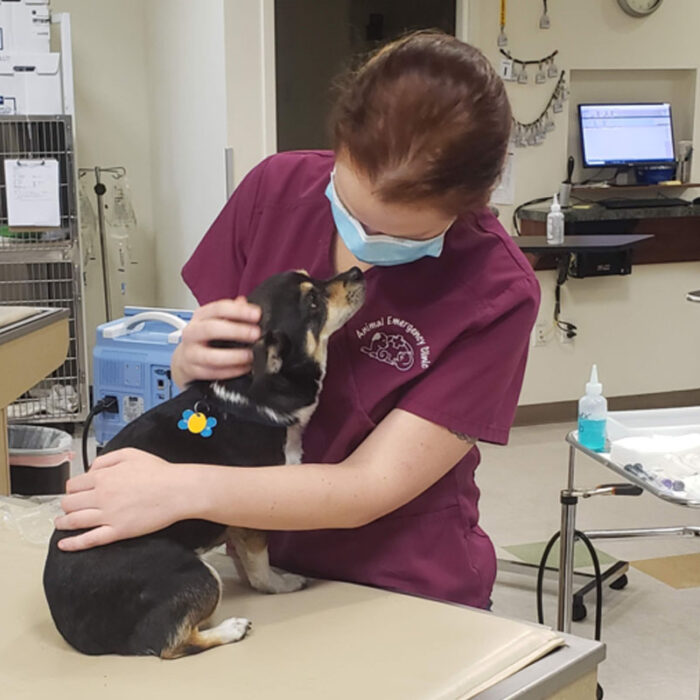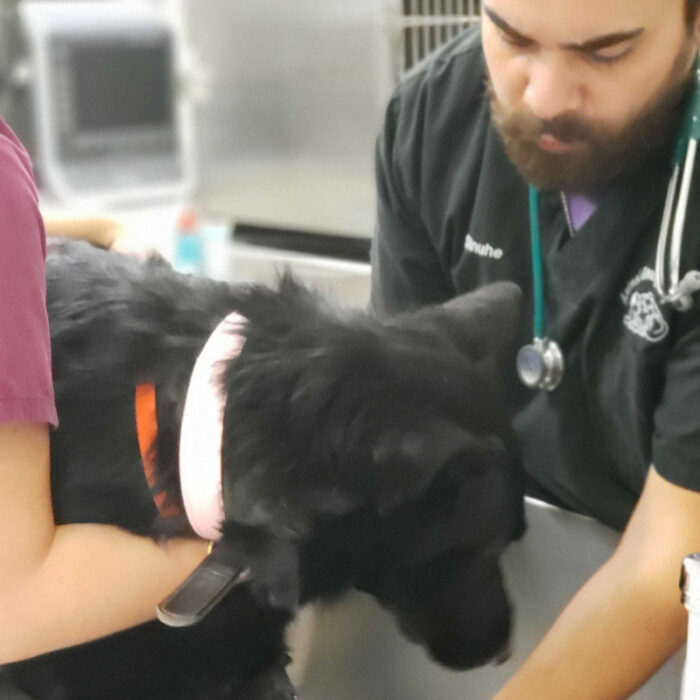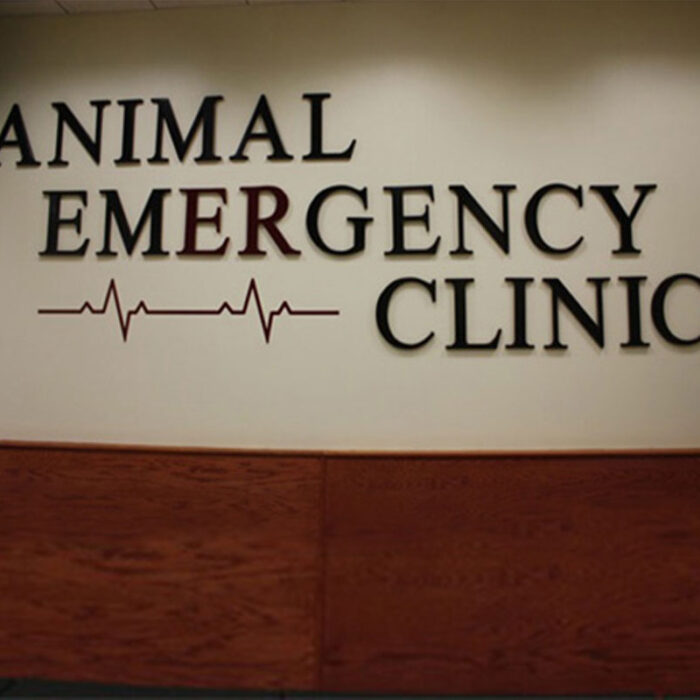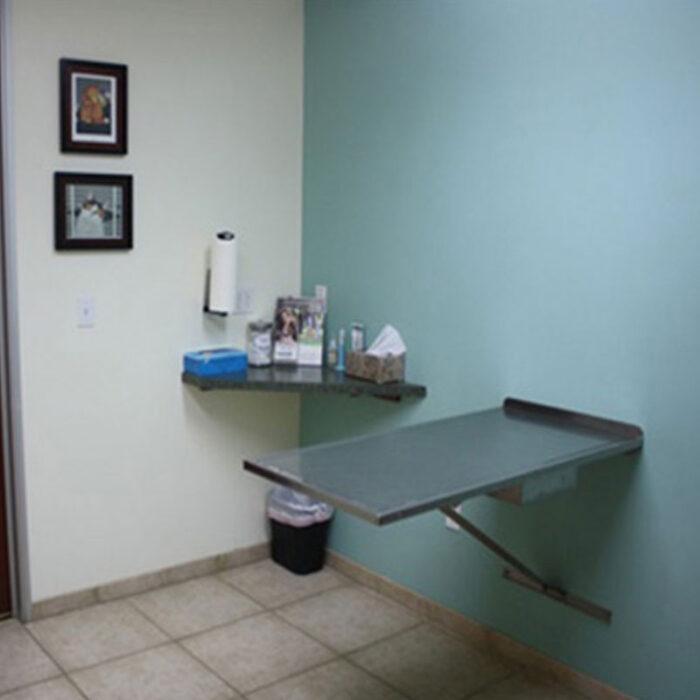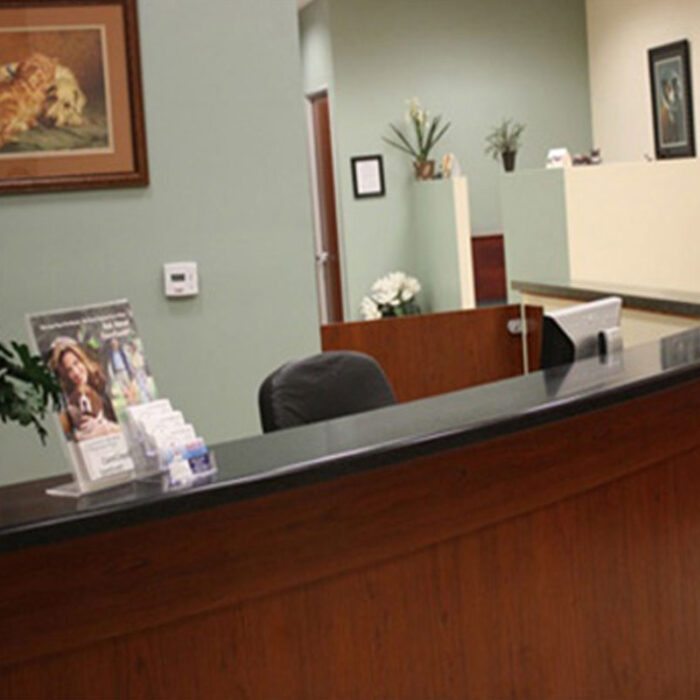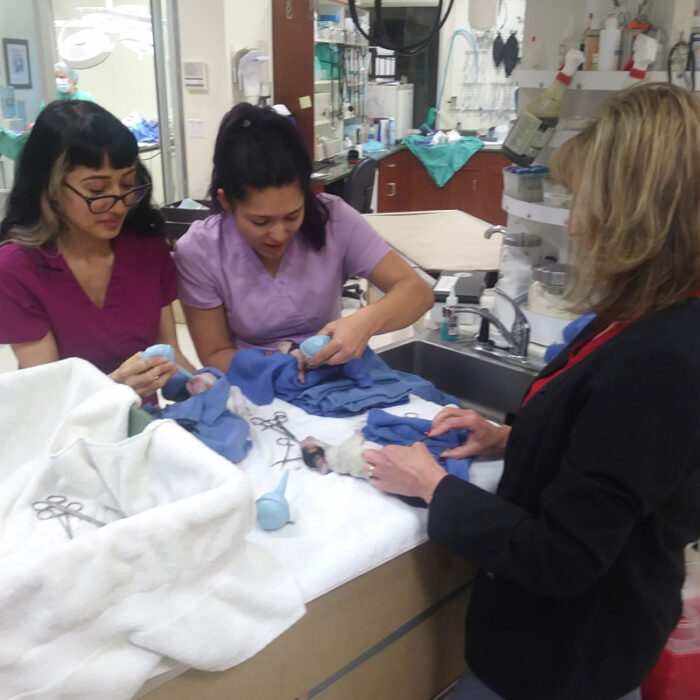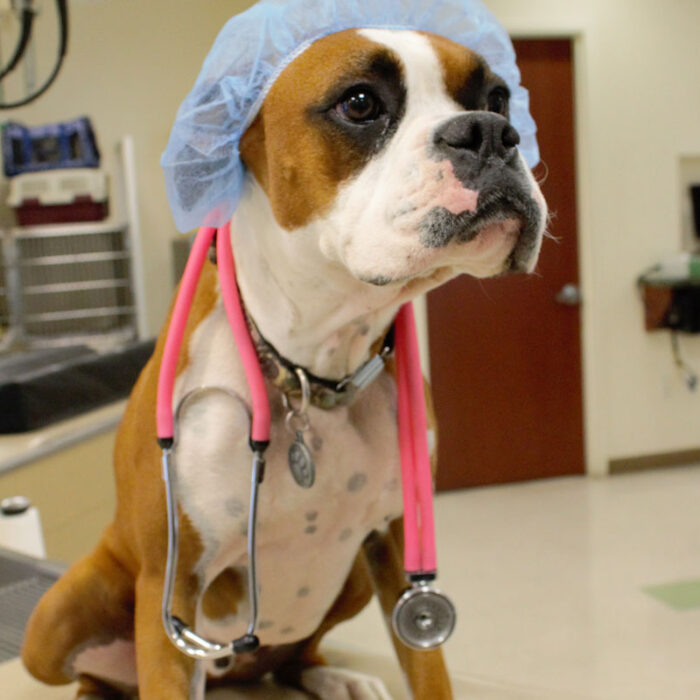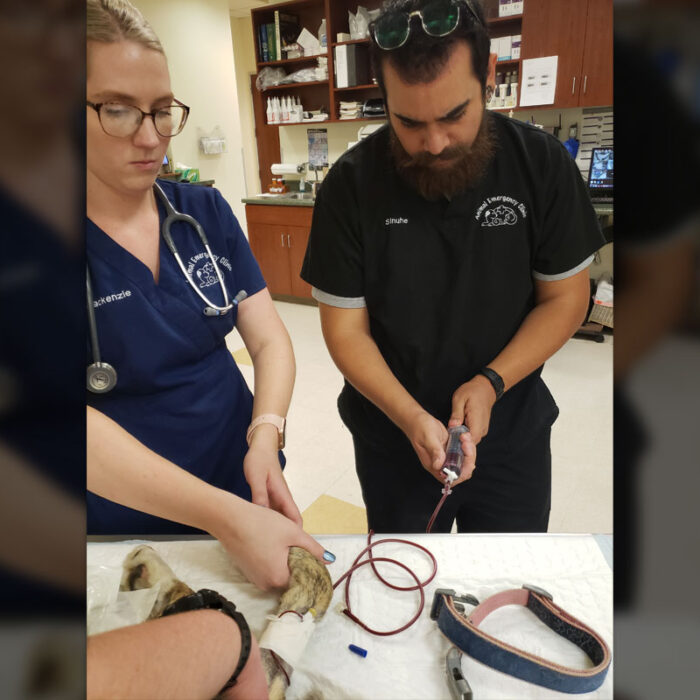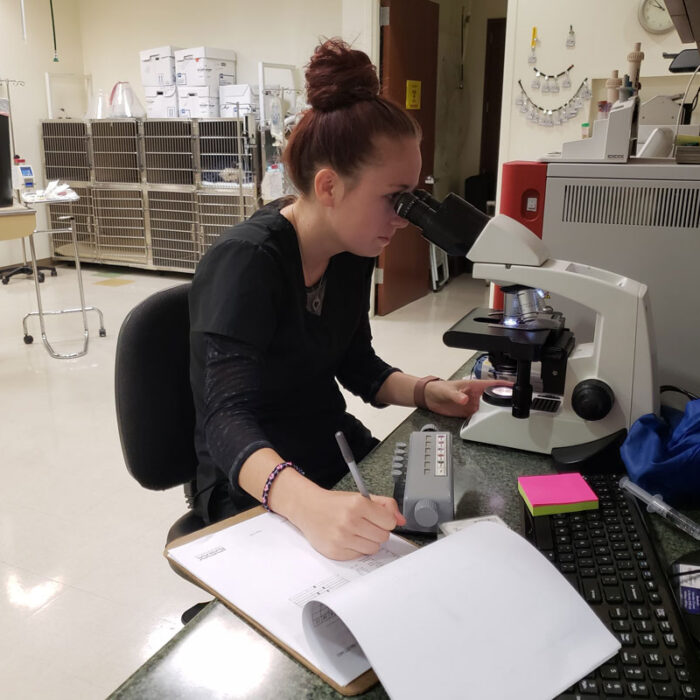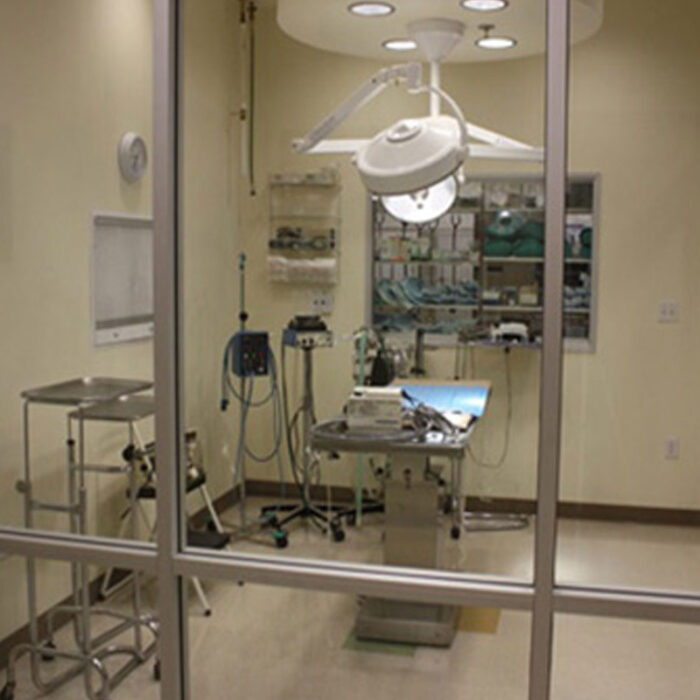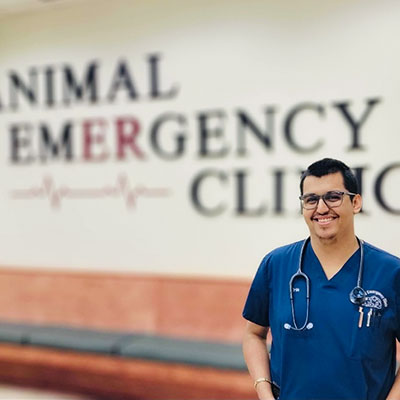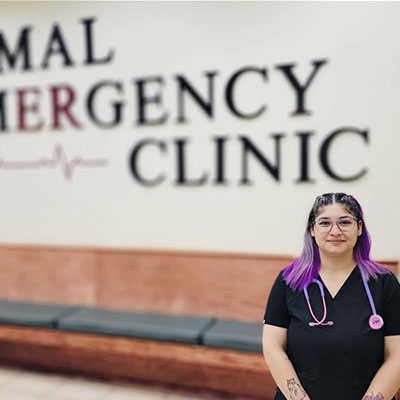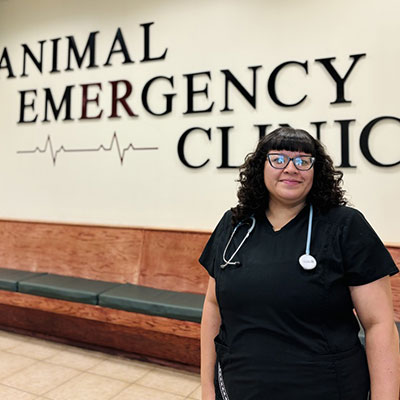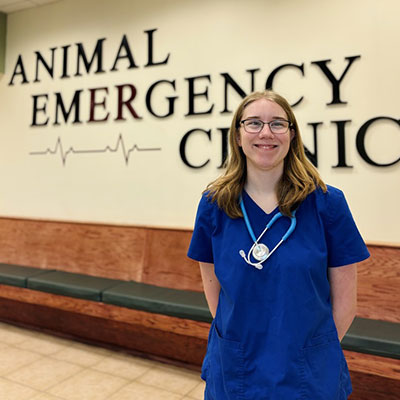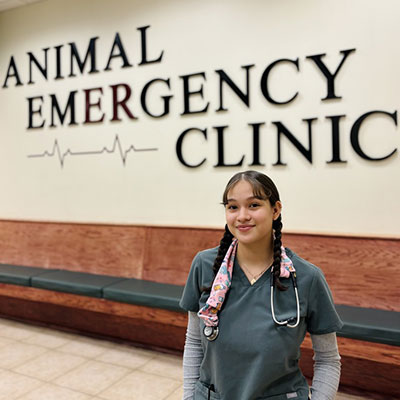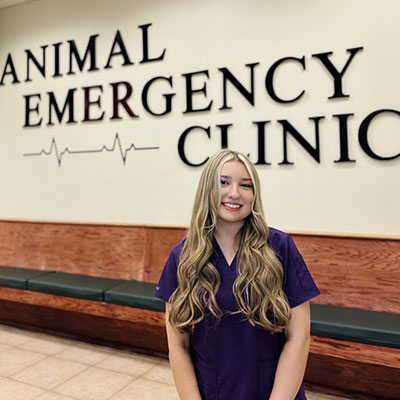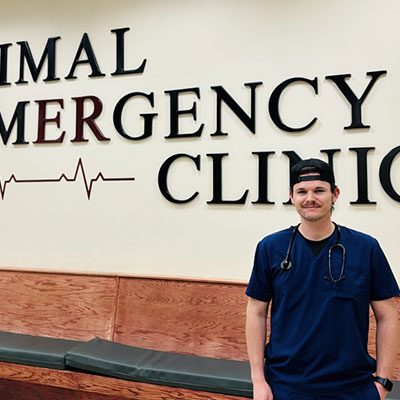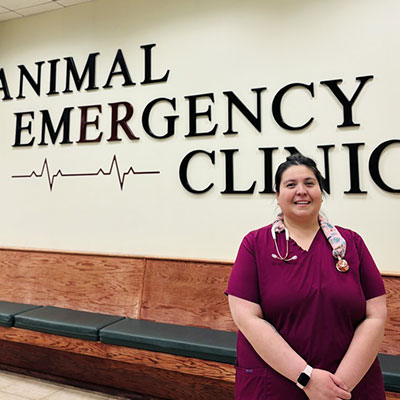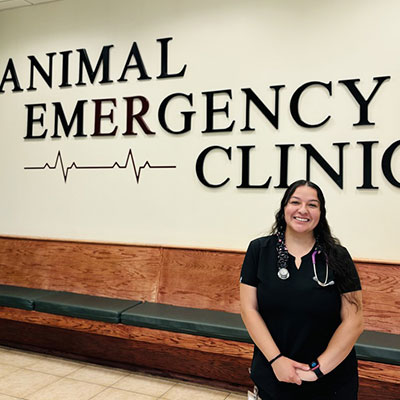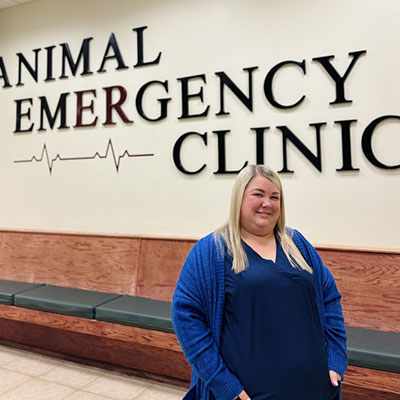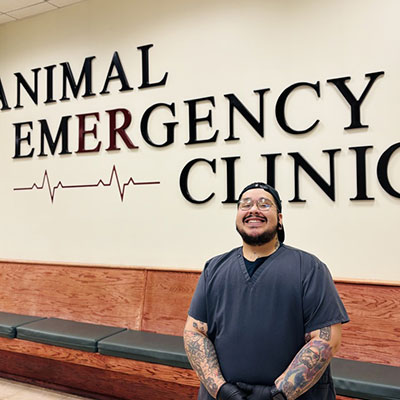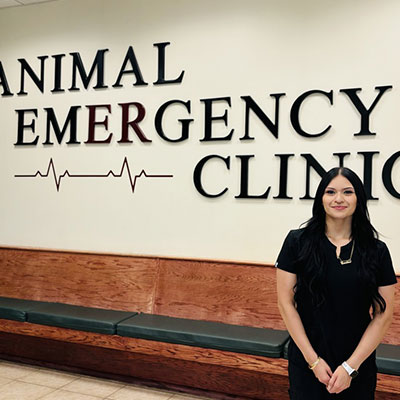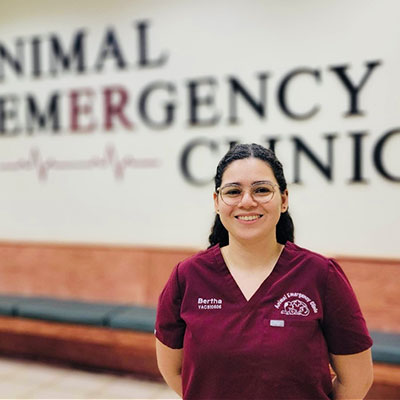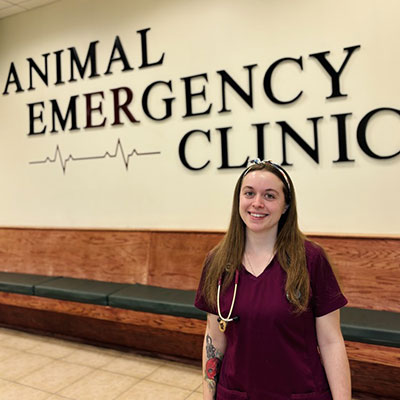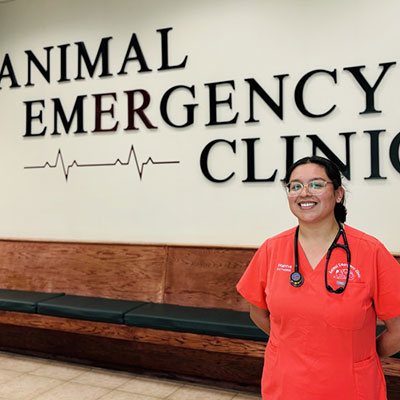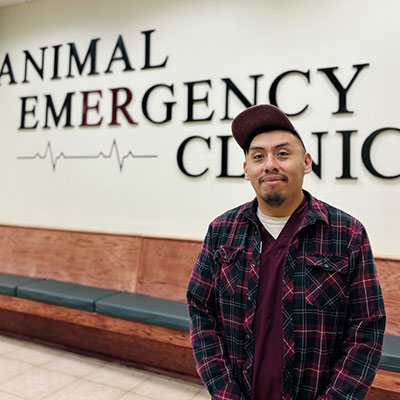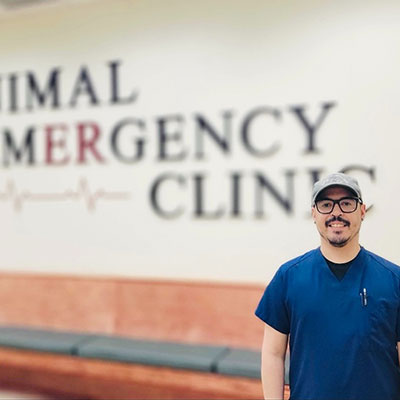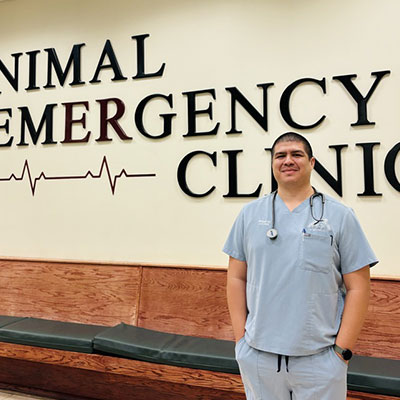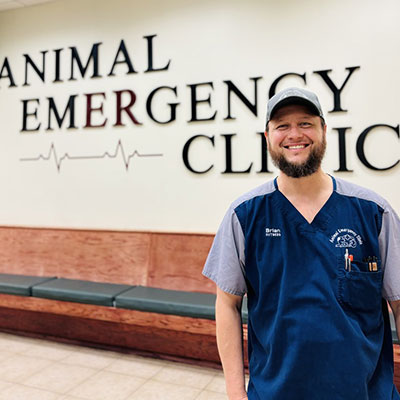Our Calling
Here at the Animal Emergency Clinic of the High Desert providing emergency services for pets is not merely a job for us, it is a true calling. It defines who we are and guides our purpose. Every day we come to work with a singular mission, to save lives. This unwavering commitment drives us to consistently deliver the best of care to every patient, without exception.
Excellence leaves no room for shortcuts. That is why we have made significant investments in our personnel, cutting-edge technology, and rigorous training programs. Our team consists of exceptionally quick thinkers who approach each case with thoughtful consideration and expertise.
If your pet were in need, this is the place you would want them to be. Rest assured, we will treat your beloved companion with the same care and dedication as if they were our own.
Trust is Earned
Signs of an Emergency
- Ingestion of toxic chemicals, such as rat poison, anti-freeze or chocolate. A list of toxic substances can be found here.
- Difficulty or labored breathing.
- Trauma or injury, such as fight, hit by car, etc.
- Lethargy or unusual restlessness.
- Seizures or neurological issues.
- Difficulty urinating or blood in the urine.
- Increased water consumption.
- Rapid swelling of the head or stomach.
- Vomiting or loss of appetite.
- Diarrhea or constipation.
- Excessive salivation or difficulty swallowing.
- Fainting or collapsing.
- Rapid or very slow heart rate.
- Excessive coughing or sneezing.
Signs of an Emergency
- Ingestion of toxic chemicals, such as rat poison, anti-freeze or chocolate. A list of toxic substances can be found here.
- Difficulty or labored breathing.
- Trauma or injury, such as fight, hit by car, etc.
- Lethargy or unusual restlessness.
- Seizures or neurological issues.
- Difficulty urinating or blood in the urine.
- Increased water consumption.
- Rapid swelling of the head or stomach.
- Vomiting or loss of appetite.
- Diarrhea or constipation.
- Excessive salivation or difficulty swallowing.
- Fainting or collapsing.
- Rapid or very slow heart rate.
- Excessive coughing or sneezing.
Your Visit
If you believe your pet is experiencing an emergency, please contact us immediately. We will assist in determining whether emergency care is necessary and guide you through the appropriate next steps. Upon your pet’s arrival, our team will promptly assess their condition. If your pet is in critical condition, we will take immediate measures to stabilize them.
Throughout the process which can include diagnostics, monitoring, and necessary stabilization we will keep you fully informed and involved. Once stabilized, a comprehensive examination will be conducted, and a tailored treatment plan will be reviewed with you.
You will remain at the center of every decision, supported by a dedicated team of emergency professionals. Our goal is to ensure you feel confident and reassured that we are providing the best possible care for your pet.




